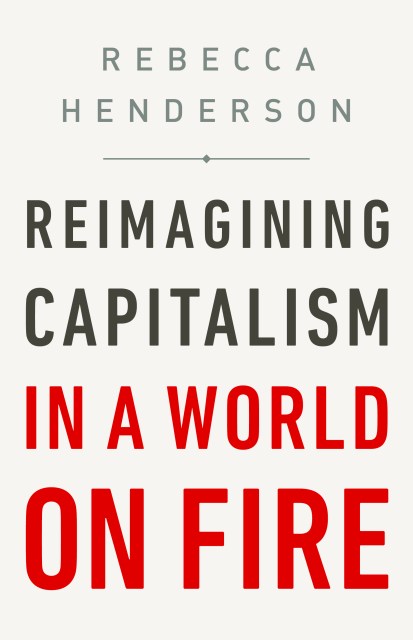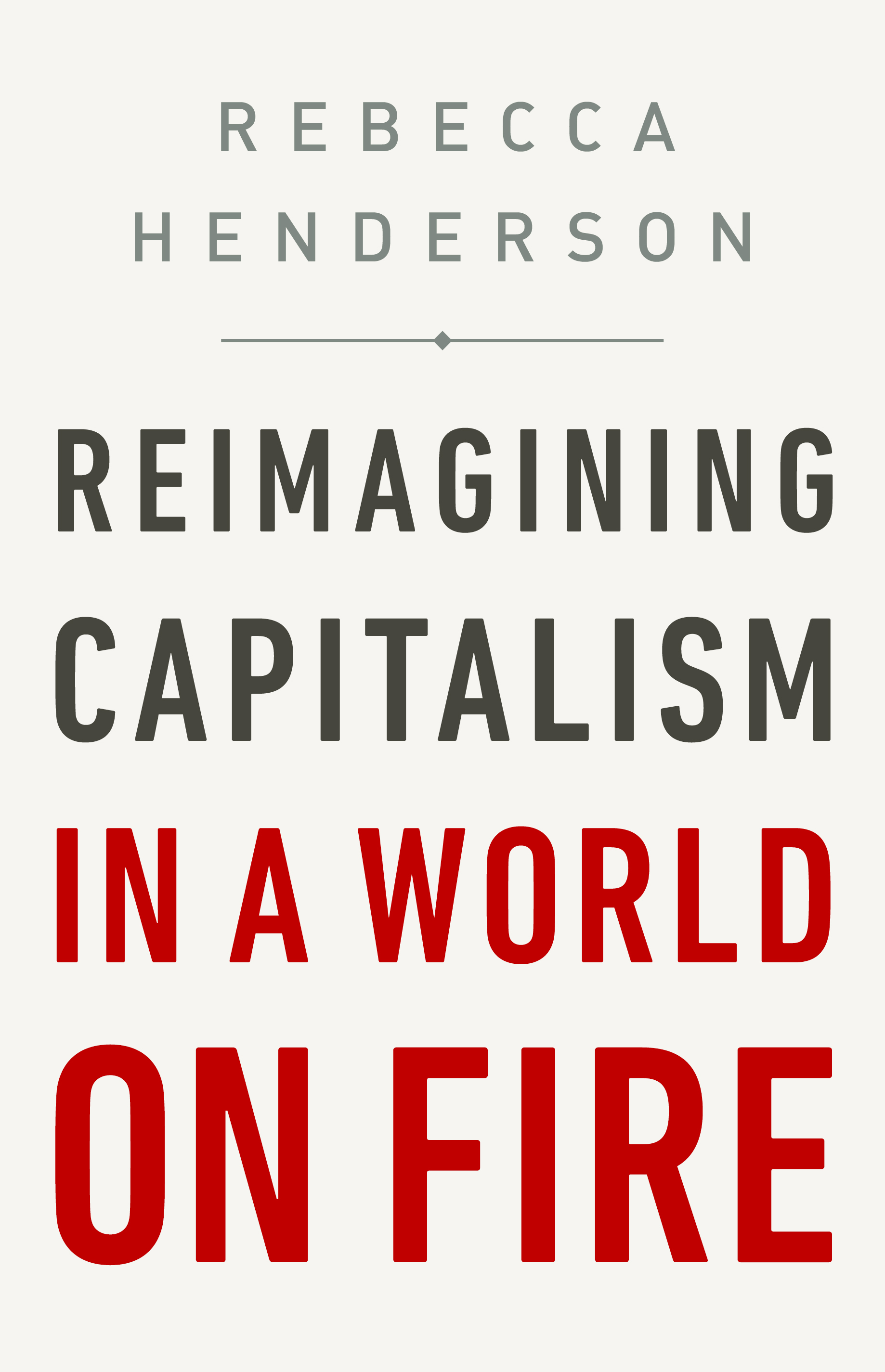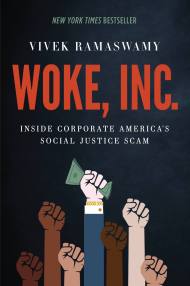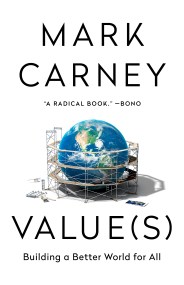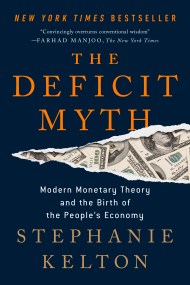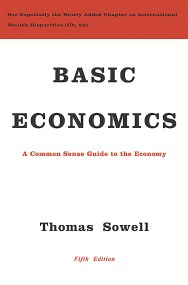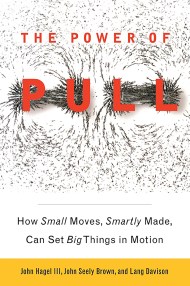Promotion
Use code MOM24 for 20% off site wide + free shipping over $45
Reimagining Capitalism in a World on Fire
Contributors
Formats and Prices
Price
$28.00Price
$35.00 CADFormat
Format:
- Hardcover $28.00 $35.00 CAD
- ebook $12.99 $16.99 CAD
- Audiobook Download (Unabridged)
- Trade Paperback $16.99
- Trade Paperback $18.99 $23.99 CAD
This item is a preorder. Your payment method will be charged immediately, and the product is expected to ship on or around April 28, 2020. This date is subject to change due to shipping delays beyond our control.
Also available from:
A renowned Harvard professor debunks prevailing orthodoxy with a new intellectual foundation and a practical pathway forward for a system that has lost its moral and ethical foundation.
Free market capitalism is one of humanity’s greatest inventions and the greatest source of prosperity the world has ever seen. But this success has been costly. Capitalism is on the verge of destroying the planet and destabilizing society as wealth rushes to the top. The time for action is running short.
Rebecca Henderson’s rigorous research in economics, psychology, and organizational behavior, as well as her many years of work with companies around the world, give us a path forward. She debunks the worldview that the only purpose of business is to make money and maximize shareholder value. She shows that we have failed to reimagine capitalism so that it is not only an engine of prosperity but also a system that is in harmony with environmental realities, the striving for social justice, and the demands of truly democratic institutions.
Henderson’s deep understanding of how change takes place, combined with fascinating in-depth stories of companies that have made the first steps towards reimagining capitalism, provide inspiring insight into what capitalism can be. Together with rich discussions of important role of government and how the worlds of finance, governance, and leadership must also evolve, Henderson provides the pragmatic foundation for navigating a world faced with unprecedented challenge, but also with extraordinary opportunity for those who can get it right.
Genre:
- On Sale
- Apr 28, 2020
- Page Count
- 336 pages
- Publisher
- PublicAffairs
- ISBN-13
- 9781541730151
Newsletter Signup
By clicking ‘Sign Up,’ I acknowledge that I have read and agree to Hachette Book Group’s Privacy Policy and Terms of Use
